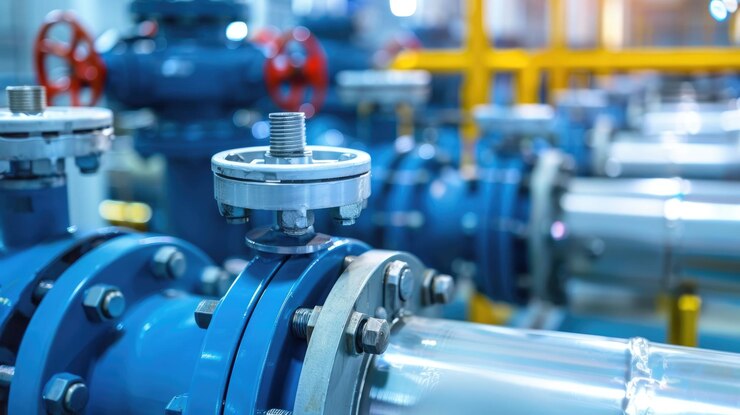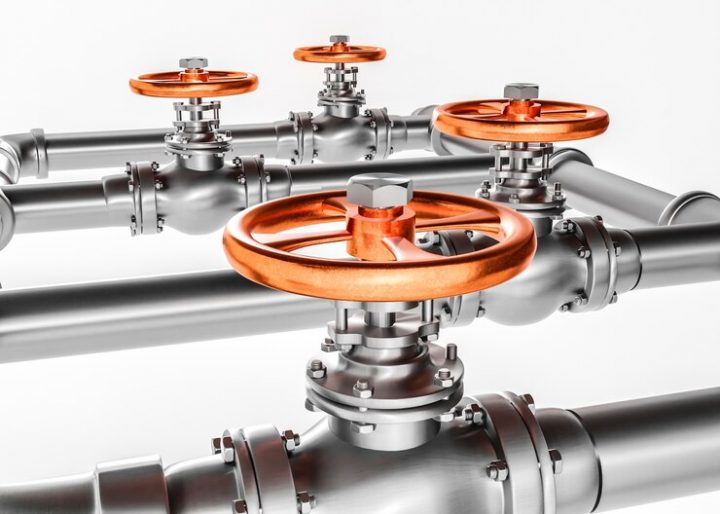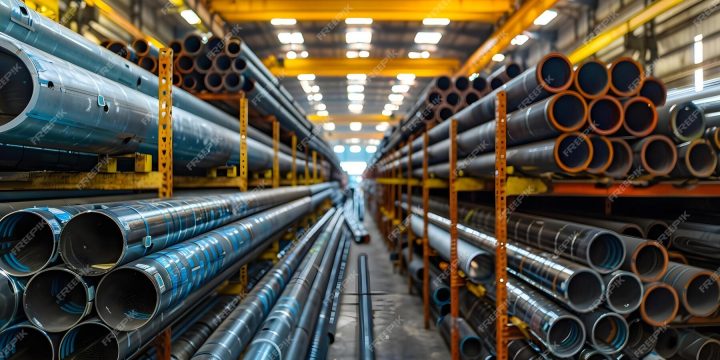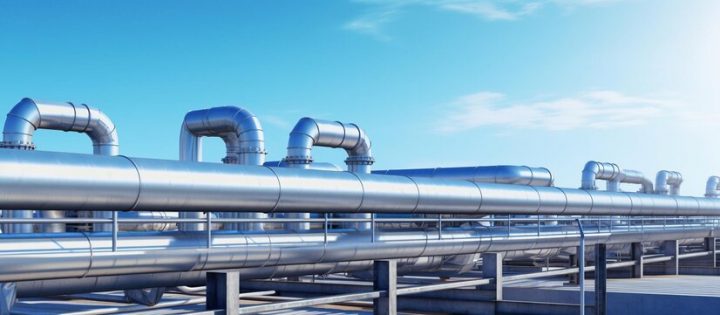Industrial valves play a critical role in the efficient and safe operation of various industrial processes. They control the flow of fluids, gases, and slurries through pipes and vessels, ensuring proper regulation and protection of the entire system. With a multitude of valve types available, selecting the right valve for a specific application can be challenging. This blog will delve into the key features and selection criteria for industrial valves, providing you with a thorough understanding of how to make informed decisions.
What Are Industrial Valves?
Industrial valves are mechanical devices used to control the flow of fluids within a system. They can be found in virtually every industry, including chemical processing, oil and gas, water treatment, and manufacturing. Valves regulate the flow rate, pressure, and direction of the medium, ensuring that processes operate smoothly and safely.
Types of Industrial Valves
- Gate Valves: These valves are used for on/off control. They feature a wedge-shaped gate that moves up and down to open or close the valve. Gate valves are ideal for applications requiring minimal pressure drop and high flow capacity.
- Globe Valves: Globe valves provide precise control over fluid flow. They use a spherical body with a movable disc that regulates flow. Globe valves are commonly used for throttling applications where accurate control is essential.
- Ball Valves: Ball valves have a spherical ball with a hole through the center that rotates to control flow. They offer quick and reliable shut-off capabilities, making them suitable for applications requiring rapid on/off control.
- Butterfly Valves: Butterfly valves use a circular disc to control flow. The disc rotates 90 degrees to open or close the valve. These valves are compact, lightweight, and offer good flow control in large-diameter pipelines.
- Check Valves: Check valves are designed to prevent backflow in a system. They automatically close when the flow direction reverses, protecting equipment from damage and ensuring the proper flow direction.
- Pressure Relief Valves: These valves are crucial for protecting equipment from overpressure. They open automatically when the pressure exceeds a set limit, releasing excess pressure and preventing potential damage.
See Also Rise of Valve Manufacturers in India: Innovations and Industry Insights
Key Features of Industrial Valves
- Material of Construction: The material used in valve construction significantly impacts its performance and durability. Common materials include stainless steel, brass, cast iron, and various alloys. The choice of material depends on factors such as the type of fluid, temperature, pressure, and corrosiveness.
- Size and Pressure Rating: Valves come in various sizes and pressure ratings to accommodate different flow rates and system pressures. It’s essential to select a valve with the appropriate size and pressure rating to ensure optimal performance and prevent potential failures.
- Actuation Mechanism: Valves can be operated manually or automatically. Manual valves are operated using a handle or wheel, while automatic valves use actuators such as electric motors, pneumatic cylinders, or hydraulic systems. The choice of actuation mechanism depends on the application’s complexity and automation requirements.
- Flow Characteristics: Different valve types offer varying flow characteristics. For example, globe valves provide precise control, while ball valves offer quick shut-off. Understanding the flow characteristics helps in selecting a valve that meets the specific requirements of the application.
- Temperature and Pressure Limits: Valves are designed to operate within specific temperature and pressure ranges. Exceeding these limits can lead to valve failure and system damage. It’s crucial to choose a valve that matches the operating conditions of the system.
- Sealing Performance: The sealing mechanism of a valve prevents leaks and ensures reliable operation. Various sealing materials, such as elastomers and metal seals, are used depending on the fluid and temperature requirements.
Selection Criteria for Industrial Valves
- Application Requirements: Consider the specific requirements of your application, including the type of fluid, temperature, pressure, and flow rate. Different valve types and materials are suited for various applications, so ensure that the selected valve meets these requirements.
- Regulatory Standards: Ensure that the valve complies with relevant industry standards and regulations. Compliance with standards such as ANSI, API, and ISO ensures that the valve meets safety and performance criteria.
- Maintenance and Serviceability: Evaluate the ease of maintenance and serviceability of the valve. Valves that are easy to maintain and repair reduce downtime and operational costs. Look for valves with replaceable parts and accessible design for straightforward maintenance.
- Cost Considerations: While cost is an important factor, it should not be the sole criterion for valve selection. Consider the total cost of ownership, including installation, maintenance, and potential downtime costs. Investing in a high-quality valve can lead to long-term savings and improved performance.
- Supplier Reputation: Choose valves from reputable manufacturers and suppliers known for their quality and reliability. Established suppliers often provide comprehensive support, including technical assistance, warranty services, and after-sales support.
- Compatibility: Ensure that the selected valve is compatible with the existing system components, such as pipes, fittings, and flanges. Proper compatibility ensures a seamless integration and reduces the risk of leaks and failures.
Conclusion
Understanding industrial valves and their key features is essential for making informed decisions in selecting the right valve for your application. By considering factors such as material of construction, size, pressure rating, actuation mechanism, and sealing performance, you can ensure that the valve meets the specific requirements of your system.
For those seeking high-quality industrial valves, finding reliable manufacturers, suppliers, and exporters is crucial. Enggpro provides a comprehensive platform to connect with reputable industrial valve manufacturers and suppliers from around the world. For instance, valves manufacturers in India offer a wide range of products that cater to diverse industrial needs. Enggpro can assist in finding the right partners for sourcing industrial valves that meet your quality and performance standards.
By carefully evaluating your valve requirements and choosing trusted suppliers, you can enhance the efficiency, safety, and reliability of your industrial processes. Explore the options available through Enggpro to find the best industrial valve solutions for your needs.



